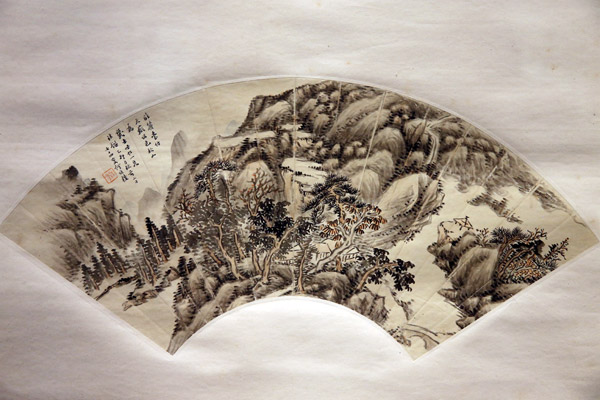 |
|
[Photo by Jiang Dong/China Daily] |
But his handwritten letters to other key historical figures are more useful for academic studies.
For instance, some letters show his frequent interactions with Chen Baozhen, another reformist from the late Qing Dynasty, who recommended Yan to the imperial court.
He wrote the lyrics of Cup of Solid Gold, modern China's first officially released national anthem, for the Qing court.
At the exhibition, there are even displays of Yan's English letters, which were written to his student, renowned translator Wu Guangjian.
Both of them once studied at the Royal Naval College in Greenwich in the United Kingdom.
In the aftermath of the First Sino-Japanese War (1894-95), when China was defeated and faced a deep social crisis, Yan translated many important Western writings into Chinese, including Thomas Huxley's Evolution and Ethics, Adam Smith's The Wealth of Nations and John Stuart Mill's On Liberty.
The ideas of "natural selection" and "survival of the fittest" were introduced to Chinese readers through his translated works.
The ongoing exhibition in the Palace Museum also features copies of these translated books.
In the preface of the Chinese edition of Evolution and Ethics, Yan mentions three goals of translation-"faithfulness, expressiveness and elegance"-which are still considered as the major principles in Chinese translation theory.